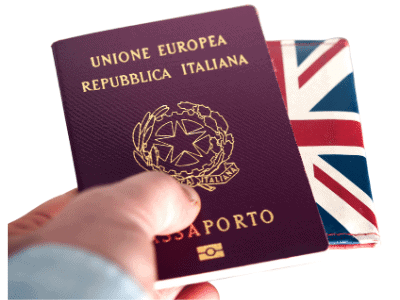Recommended
Begin Your European Property Investment Adventure Europe—a continent rich in …
Retirement is an exciting phase of life but requires careful …
Baja California is at the start of a 30-year growth …
The right to free movement, living, studying, and retiring in …
Cyprus boasts one of the most favorable tax systems in …
Croatia has emerged as a prime destination for digital nomads, …
Cyprus boasts one of the most favorable tax systems in Europe, offering numerous advantages to both individuals and legal entities that establish tax residency on the island. The influx of foreign capital significantly benefits the Cypriot economy, with many foreign investors relocating their business activities to Cyprus to capitalize on its low corporate tax rate of 12.5%, among the lowest in Europe.
Investors can further reduce their effective tax rate to as low as 2.5% through notional interest deductions on new capital, while those dealing with Intellectual Property products benefit from the IP box regime. Additionally, individuals who become tax residents of Cyprus enjoy various tax benefits. For example, non-domiciled tax residents are exempt from income tax on dividend income, a primary income source for foreign investors, and from the Special Defence Levy for 17 years, which stands at 17% for Cypriots. Pensions from abroad are taxed at just 5% for amounts exceeding €3,420.
Clearly, Cyprus offers substantial tax advantages that are hard to find in other European countries. However, there is an urgent need to modernize and holistically reform the tax system. A modern tax system must address several challenges: it should be fair, fiscally neutral, technologically progressive, and environmentally conscious, while adhering to new EU directives and OECD global rules.
The anticipated tax reform should aim to maintain or enhance current incentives for foreign investors, ensuring Cyprus remains an attractive destination without depriving the economy of crucial tax revenues. Issues like digitization, profit transfers, and corporate tax base erosion also need to be tackled.
Additionally, low-income earners and vulnerable groups, such as state pensioners and large families, should be considered. Raising the tax-free threshold to €25,000 would provide much-needed relief. Introducing taxes on environmental fees and pollutants could significantly contribute to addressing the environmental challenges faced by authorities.
The role of the country’s financial authorities and legislative body is crucial in this reform process. They must draft the necessary legislation while assessing and mitigating any potential negative impacts on the economy.








Comments (0)